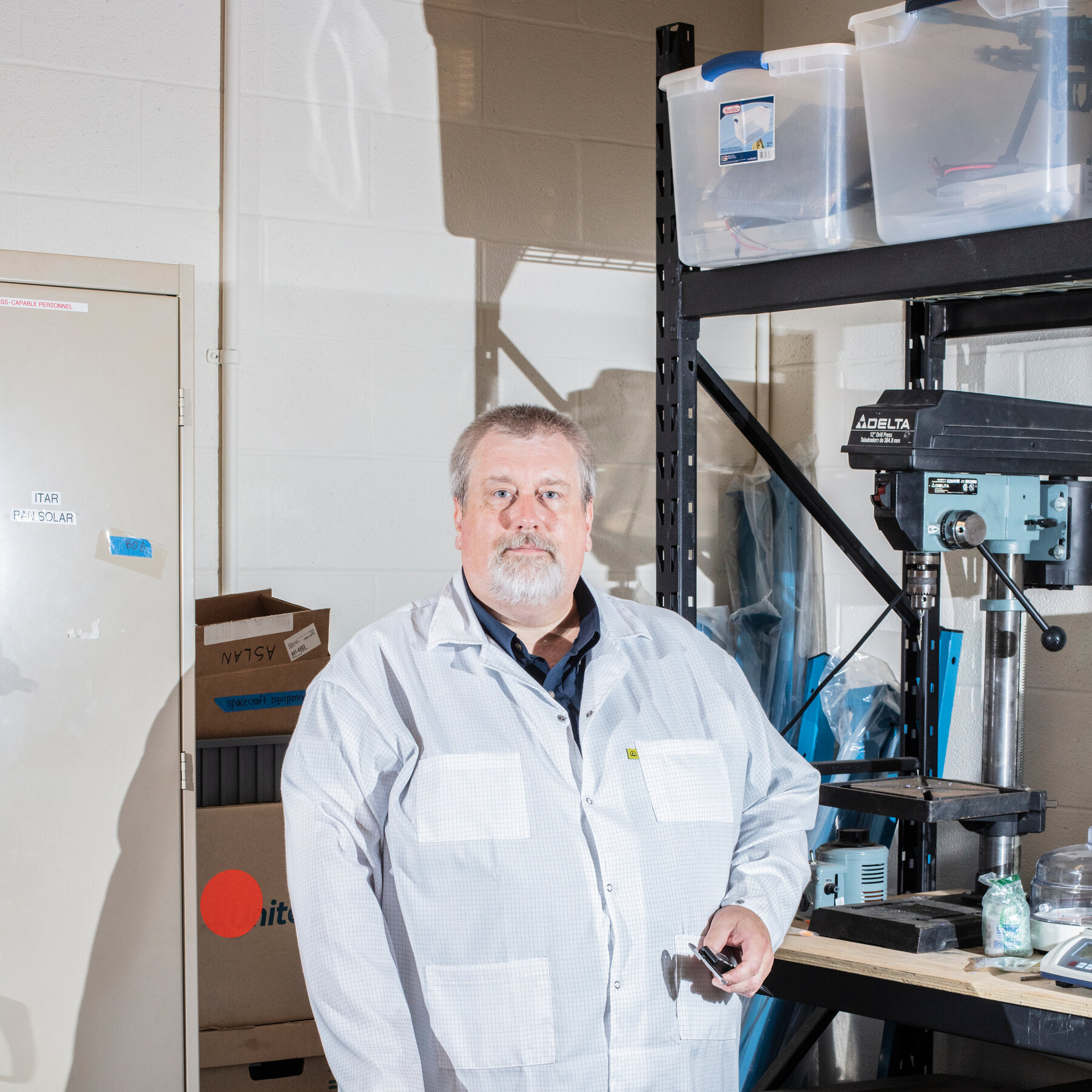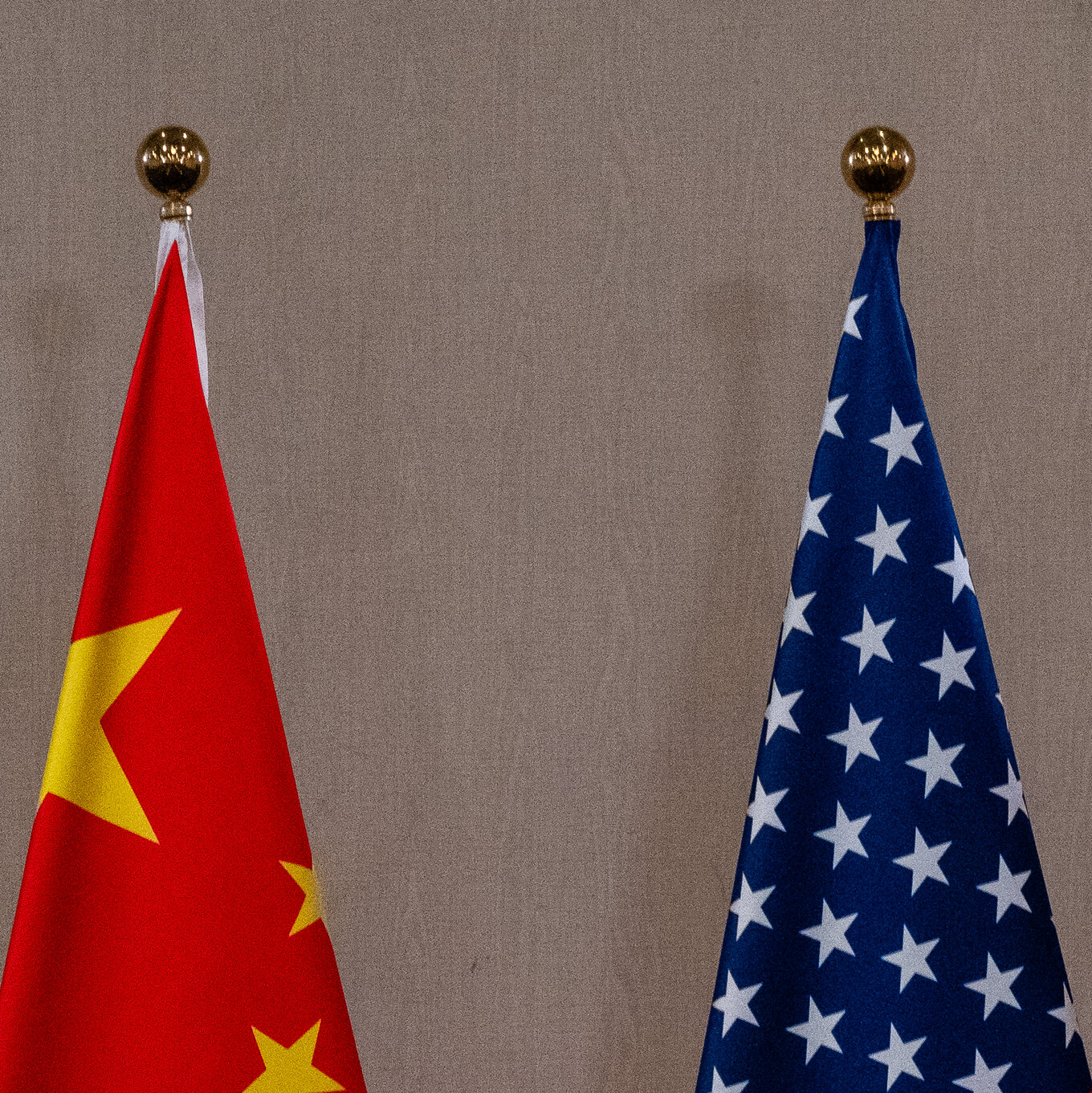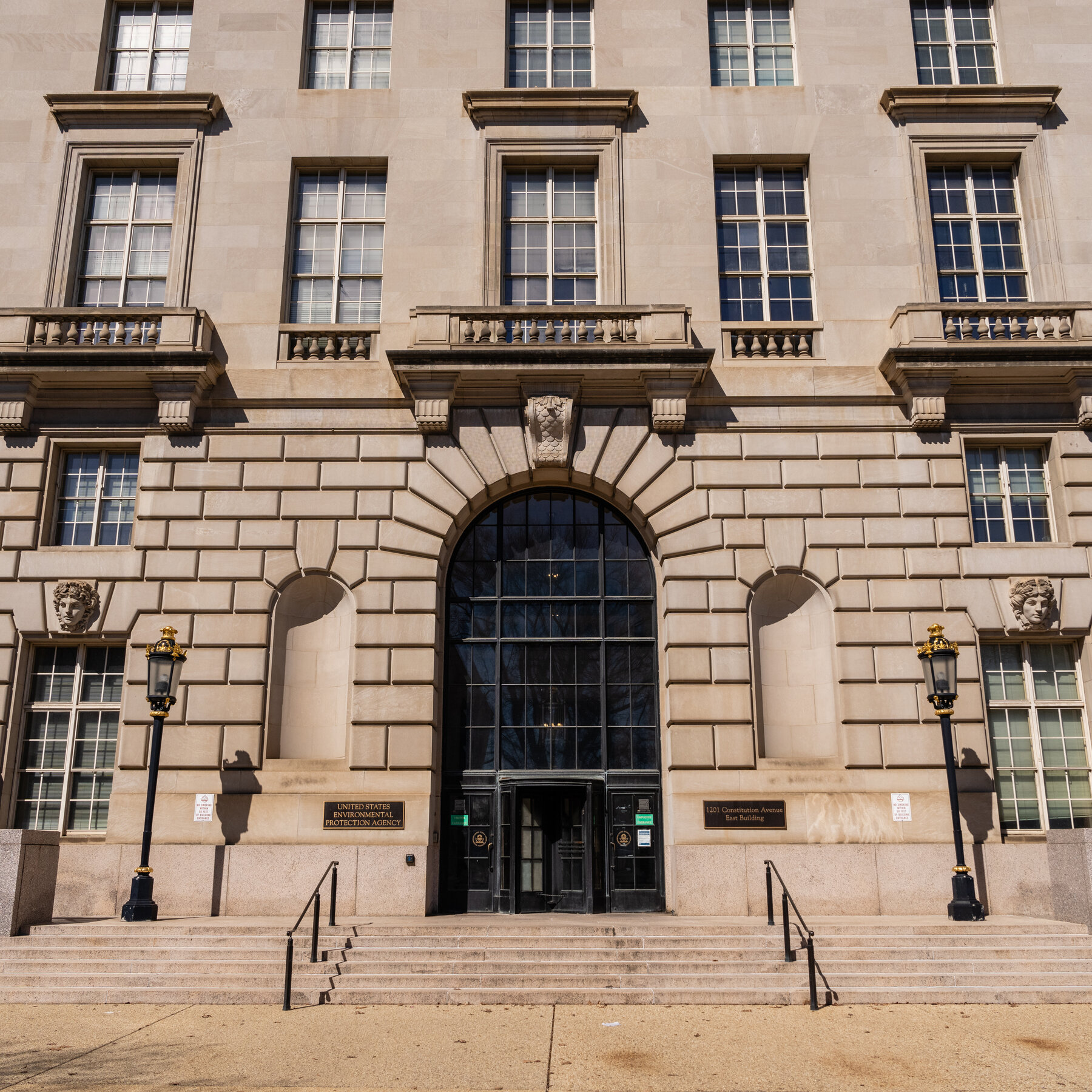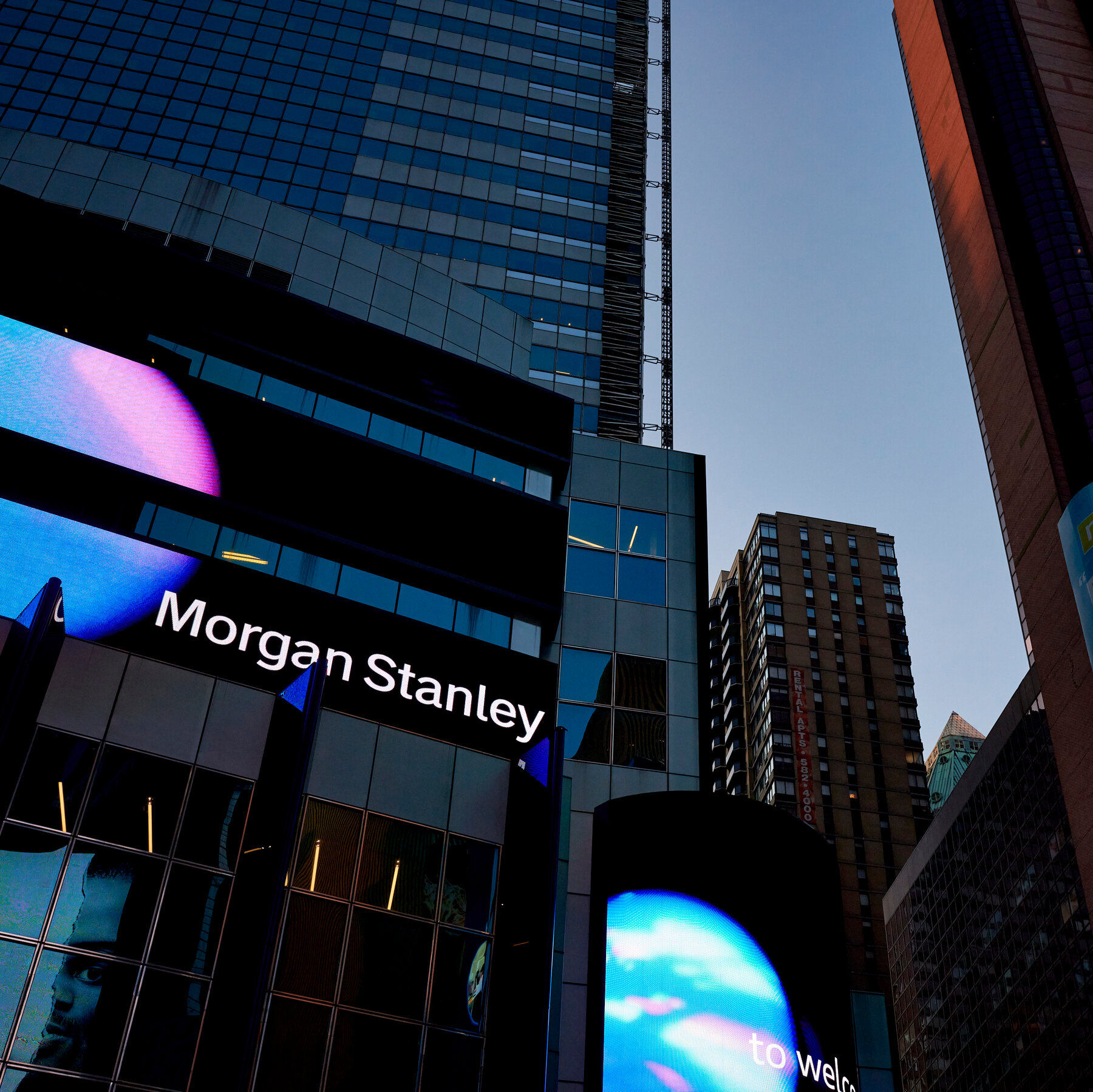How Trump and Nvidia’s CEO Became Partners on the International Stage
From a Chance Encounter to a Strategic Alliance
In the past ten months, President Donald Trump and Jensen Huang, the visionary chief executive of Nvidia, have forged a surprisingly close relationship. What began as a series of informal meetings quickly evolved into a partnership that now influences U.S. trade negotiations and diplomatic initiatives worldwide.
The Role of Nvidia’s Technology in Diplomacy
As global demand for high‑performance computing surged, Nvidia’s cutting‑edge GPUs became more than just tools for gamers and data scientists. Their advanced AI capabilities started to be viewed as strategic assets in trade talks, where the United States leveraged the chips to bolster domestic manufacturing and to negotiate better terms with rival economies.
Peace Talks Powered by AI
Beyond commerce, the chips found a place in peace negotiations. Delegates from conflicting parties employed Nvidia‑powered AI models to simulate outcomes, assess humanitarian impacts, and propose mutually beneficial solutions. The technology’s speed and accuracy helped break deadlocks that had persisted for years.
Why the Partnership Matters
The collaboration highlights a growing trend: technology leaders are increasingly becoming key players in foreign policy. By aligning with Nvidia’s CEO, President Trump not only secured a competitive edge for American industry but also demonstrated how AI can serve as a diplomatic bridge.
Looking Ahead
Both leaders have signaled that this is only the beginning. Upcoming initiatives may see Nvidia’s hardware integrated into cybersecurity frameworks, climate‑change modeling, and further trade agreements. As the world watches, the Trump‑Huang alliance illustrates how innovation and politics can intersect on the global stage.






